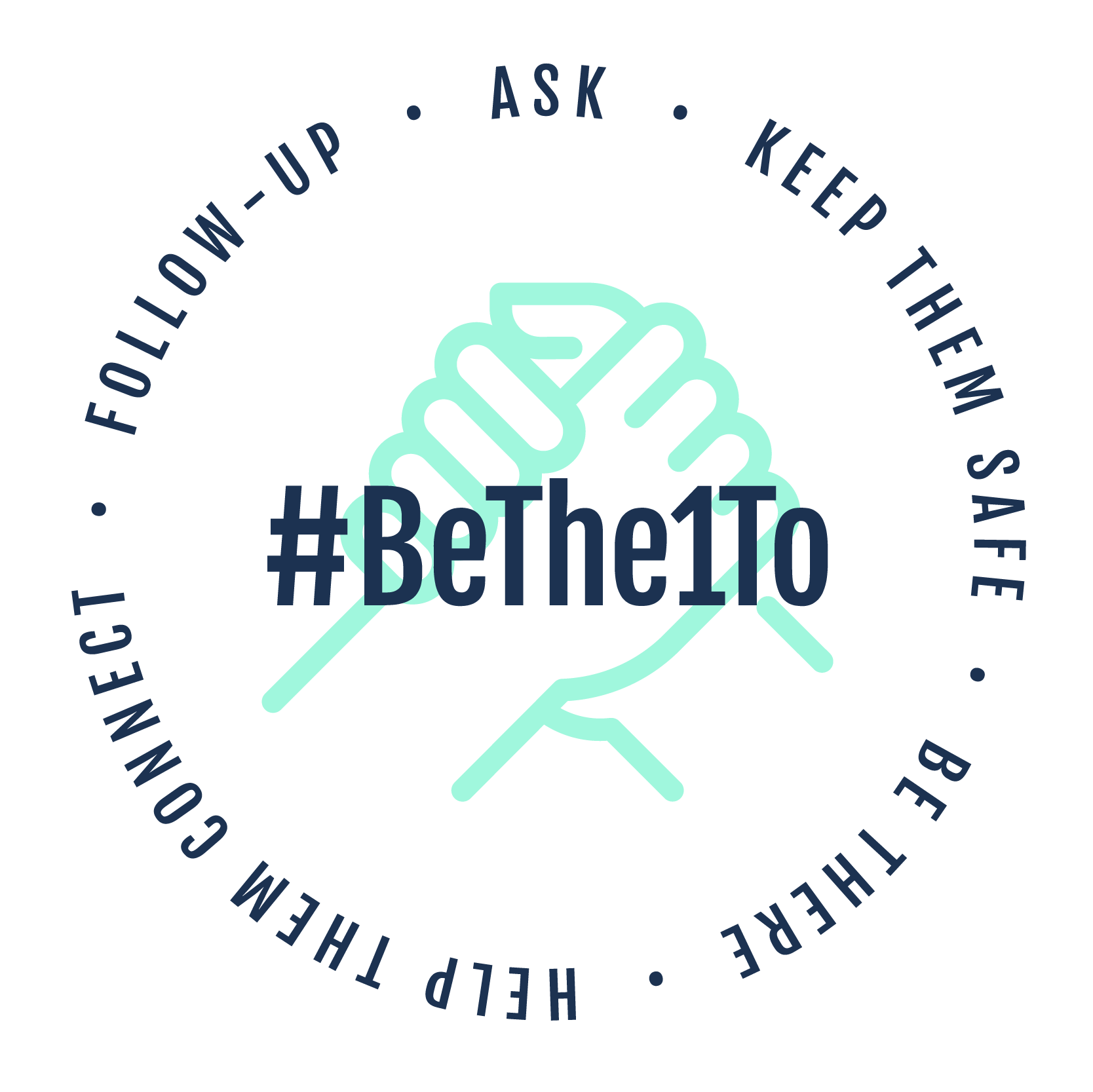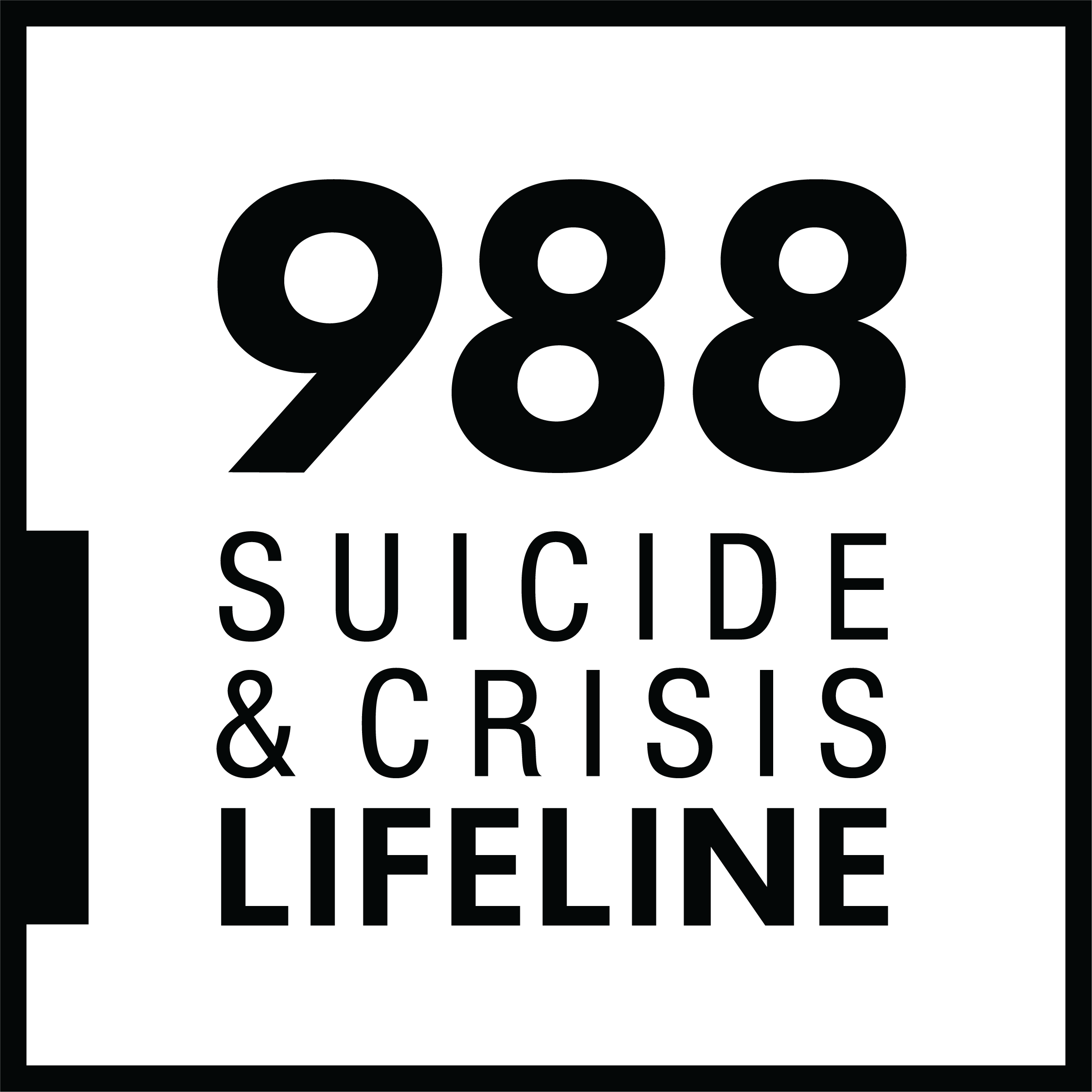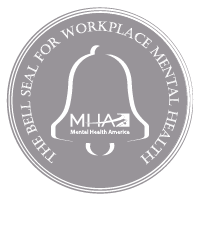If you’re experiencing emotional distress or having thoughts of suicide, help is available.
Call, text, or chat with the Suicide & Crisis Lifeline
Connect with SupportLinc EAP (Free)
SupportLinc offers resources and services that you can immediately access for support:
- Receive 24/7 in-the-moment support from a licensed clinician by calling 888-881-5462.
- Schedule up to six short-term counseling sessions with a licensed mental health provider by calling 888-881-5462.
- Log in to SupportLinc.com to access self-guided therapy tools, text therapy, anonymous virtual group support, and more.
Visits with a therapist, psychologist, or psychiatrist
IU medical plan members can schedule visits with licensed psychologists, psychiatrists, and therapists through the following access points:
- Anthem medical plan network. All IU medical plans cover inpatient and outpatient mental/behavioral health care, including counseling, psychiatry, and substance use disorder treatment. Connect with an in-network provider by calling 844-436-0920 or using their online Find Care tool.
- Anthem telebehavioral health. Anthem LiveHealth Online allows you and your covered family members to find, meet, and schedule return visits with a behavioral health professional from the privacy of your home.
- Marathon Health employee health centers. IU employee medical plan members can schedule an in-person or virtual appointment with a Marathon Health mental/behavioral provider by calling 866-434-3255 or logging in to the Marathon Health portal.
While thoughts of suicide can appear without warning, there may be indicators that someone is struggling. Learning how to recognize these warning signs and provide support during a crisis can help deescalate the situation until they connect with professional care.
Step 1: ASK
Ask the person directly, “Are you thinking about suicide?” It’s not an easy question to ask, but it can help start the conversation, and communicates that you are open to speaking in a non-judgmental, supportive way. Studies show that asking people if they are suicidal does not increase suicidal behavior or thoughts. Find more tips for these conversations.
Step 2: BE THERE
This could mean being physically present for someone, speaking with them on the phone when you can, or any other way that shows support for the person at risk. Active listening during this step is key to learning what the person is thinking and feeling. Learn how to actively listen during a crisis.
Step 3: HELP KEEP THEM SAFE
Ask questions to establish safety and reduce access to lethal items or places. Do they have a specific, detailed plan? What’s the timing for their plan? What sort of access do they have to their planned method? Knowing the answers to each of these questions can help you understand the imminence and severity of danger the person is in.
Step 4: HELP THEM CONNECT
Connecting the person with the 988 Suicide & Crisis Lifeline or other resources can give them a safety net when they need it. You can also help them reach out to a trusted family member, friend, colleague, advisor, or mental health professional. Find help and resources for IU employees.
Step 5: FOLLOW UP
Staying in touch with the person after they have experienced a crisis or been discharged from care can make a big difference. Continue to check in with the person after your initial conversation and efforts to help them get assistance. Learn how to build on the initial conversation.

BeThe1To is the 988 Suicide & Crisis Lifeline’s way of spreading the word about actions we can all take to prevent suicide. These five action steps for communicating with someone who may be suicidal are supported by evidence in the field of suicide prevention. Learn more about each step and why they are so effective.
As a faculty or staff member, supporting students during a mental health crisis is crucial. Your guidance and awareness can make a meaningful difference.
- The same five-step framework can be used in conversations with students who are in crisis.
- If you notice a student in distress, remind them they are not alone and that help is available. Counseling resources such as CAPS, TimelyCare, and others can be found on IU's Student Mental Health website.
Support for loss survivors
The American Foundation for Suicide Prevention maintains a list of U.S. and international suicide bereavement support groups as a public service to loss survivors. Connect with others who have lost a loved one to suicide, hear how they have navigated their loss, and learn how to support loss survivors.
Support for loss survivors
Support for attempt survivors
People can and do move forward from a suicide attempt. Your journey will take a unique path, each person may cope or struggle in different ways with their lived experience. It takes time to heal both physically and emotionally, but healing can happen. Learn self-care tips and hear stories of other survivors from 988Lifeline.
Resources for attempt survivors
Live Virtual Training
Healthy IU offers trainings on topics such as suicide prevention, stress reduction, and anxiety at work.
Learn more and register
Check out the IU Events Calendar for additional events or training opportunities on your campus.



